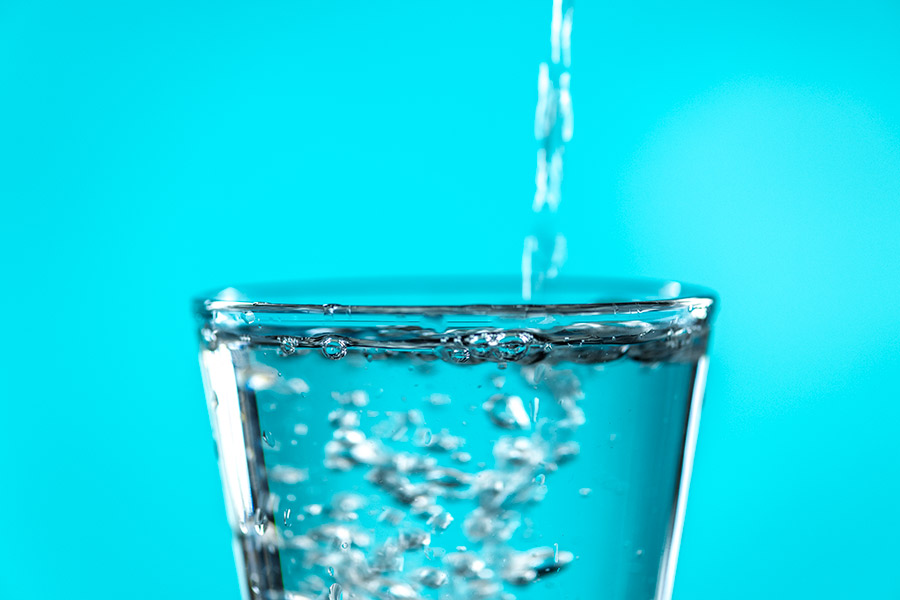
A Simple Guide to Water Filtration and Softening Systems
Water quality is a critical factor for homeowners to consider, as it affects not only the taste and safety of drinking water but also the overall health and longevity of plumbing systems and household appliances. Fortunately, there are various water filtration and softening systems available that can address different water quality issues. Here’s an overview of some common types of water filtration and water softening systems for your home.
Water Filtration Systems
Activated Carbon Filters: These filters use activated carbon to remove impurities such as chlorine, sediment, volatile organic compounds (VOCs), and other contaminants. Activated carbon filters are excellent for improving the taste and smell of water, making them a popular choice for drinking water systems.
Reverse Osmosis: Reverse osmosis (RO) systems are highly effective at removing a wide range of contaminants, including heavy metals, nitrates, fluoride, and salts. RO systems use a semi-permeable membrane to filter out impurities, providing clean, pure water. These systems are typically installed under the sink and are ideal for drinking water and cooking.
UV Water Purifiers: UV water purifiers use ultraviolet light to disinfect water by killing bacteria, viruses, and other microorganisms. These systems are often used in conjunction with other filtration methods to provide a comprehensive water treatment solution.
Sediment Filters: Sediment filters are designed to remove particulate matter such as sand, dirt, and rust from water. These filters are often used as a pre-filter in combination with other filtration systems to protect them from clogging and improve their efficiency.
Distillation: Distillation systems boil water to create steam, which is then condensed back into water, leaving impurities behind. This method is effective at removing a wide range of contaminants, but it is slower and consumes more energy than other filtration methods.
Water Softeners
Salt-Based Water Softeners: Salt-based water softeners use ion exchange technology to remove hard water minerals such as calcium and magnesium from water. The system exchanges these minerals with sodium or potassium ions, resulting in softened water that is gentle on plumbing and appliances.
Salt-Free Water Conditioners: Salt-free water conditioners use various methods such as template-assisted crystallization or magnetic fields to alter the structure of hard water minerals, preventing them from sticking to surfaces. While these systems don’t remove hard water minerals, they help reduce scale buildup and extend the life of appliances.
Dual-Tank Softeners: Dual-tank water softeners feature two tanks, allowing one tank to continue softening water while the other tank regenerates. This setup ensures a continuous supply of softened water, making it ideal for larger households with higher water usage.
Portable Water Softeners: Portable water softeners are smaller units designed for use in RVs, boats, or homes with limited space. They work similarly to salt-based systems but on a smaller scale and are easy to install and maintain.
Choosing the Right System for Your Home
When selecting a water filtration or softening system, consider your specific water quality issues and household needs. Start by testing your water to determine the types and levels of contaminants present. This information will help you choose the most appropriate system.
For filtration systems, consider whether you need whole-house treatment or point-of-use filtration for specific taps. For water softeners, consider the hardness level of your water and the size of your household.
In any case, it’s important to research and choose a reputable brand and model that meets your needs and budget. Regular maintenance and filter replacement are crucial for the optimal performance of these systems.
By investing in a quality water filtration or softening system, you can improve the quality of your water, protect your plumbing and appliances, and enhance the overall comfort of your home.



